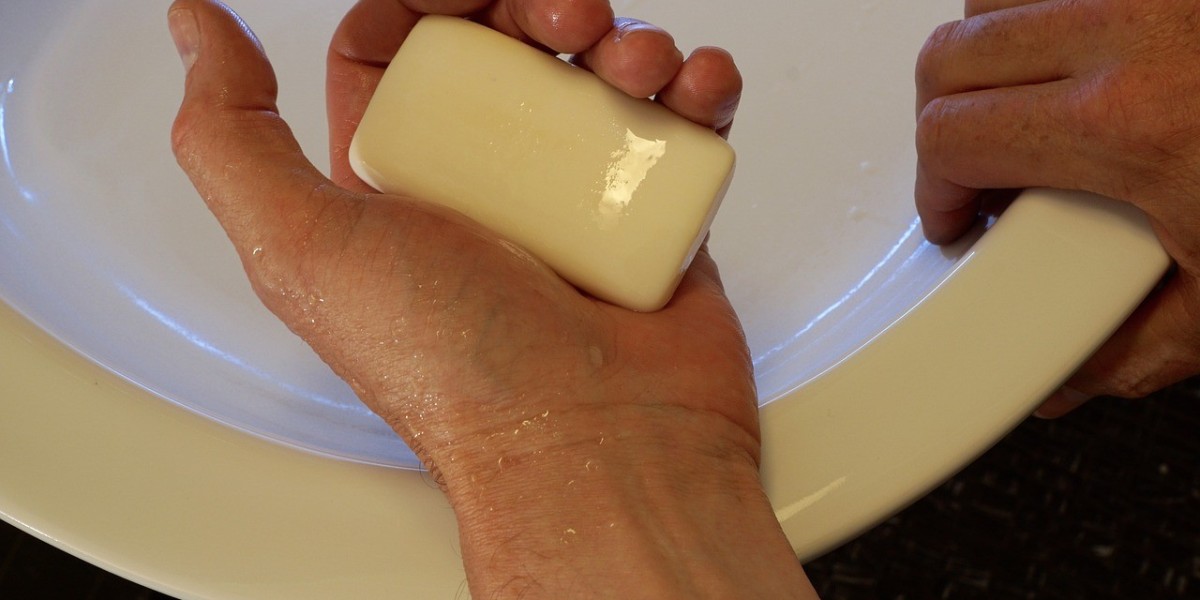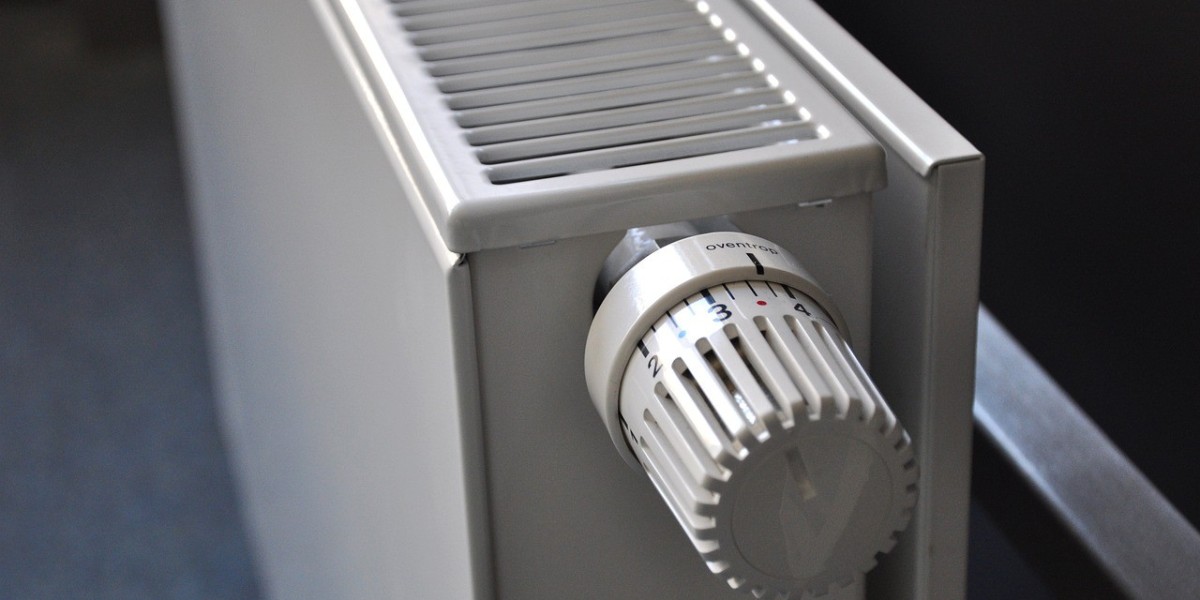In this guide tailored to our compassionate community, discover insights on navigating the unpredictable nature of MS, providing practical assistance, and prioritising your own well-being as a caregiver.
Understanding the Dynamics of MS Care
Being a caregiver for someone with MS requires adaptable support, recognizing that the level of care can fluctuate daily. From emotional aid during a diagnosis to helping manage flares, caregivers play a pivotal role in enhancing the quality of life for their loved ones.
Empower Yourself through Knowledge
To be an effective caregiver, knowledge is key. Educate yourself on MS symptoms, emotional challenges, and practical aspects, such as treatment regimens. Understanding the impact of symptoms like spasticity allows for targeted support, while awareness of the emotional toll helps you provide the right kind of encouragement.
Create a Supportive Home Environment
Home adjustments are vital to accommodating the evolving needs of someone with MS. Simple modifications, like decluttering and ensuring accessibility, can significantly improve their daily life. Encouraging a collaborative approach to daily tasks and seeking a home assessment by an occupational therapist can provide valuable insights into enhancing the living space.
Promote Health and Wellness
Diet and exercise play crucial roles in managing MS symptoms. Discover how a balanced diet and tailored exercises can alleviate pain and fatigue. Encouraging your loved one to maintain an active lifestyle, adapted to their abilities, contributes to improved overall well-being.
Communication Is Key
Sometimes, the most valuable insights come directly from the person who you are providing care for. Initiate open conversations about their needs and preferences as by actively seeking their input, you create a supportive environment where they feel comfortable expressing their requirements.
Seek Out Support
The We Talk Care platform offers a supportive space for caregivers where you can nurture connections, share experiences, and provide valuable mutual support for those travelling a similar path without judgment.
In our community, we understand the intricacies of MS caregiving and its challenges, and the support, empathy, and shared knowledge offered by our members helps to maintain and uplift the well-being of both caregivers and those they support.
Caring for Yourself as a Caregiver
Recognising the toll caregiving can take on your physical and mental health is essential. Implement strategies to support your well-being, such as maintaining routine healthcare appointments, seeking emotional support through groups or professionals, and, importantly, taking breaks when needed.
Identifying and Addressing Burnout
Caring for someone with MS can be both fulfilling and demanding. Learn to recognise signs of burnout, from emotional exhaustion to negative impacts on your own health. Actively manage stress, and don't hesitate to seek help from your GP and associated mental health services when necessary.
Remember, our community of caregivers is here to support you on this journey, so reach out to our members in the We Talk Care safe space specifically to inspire, uplift and support.









